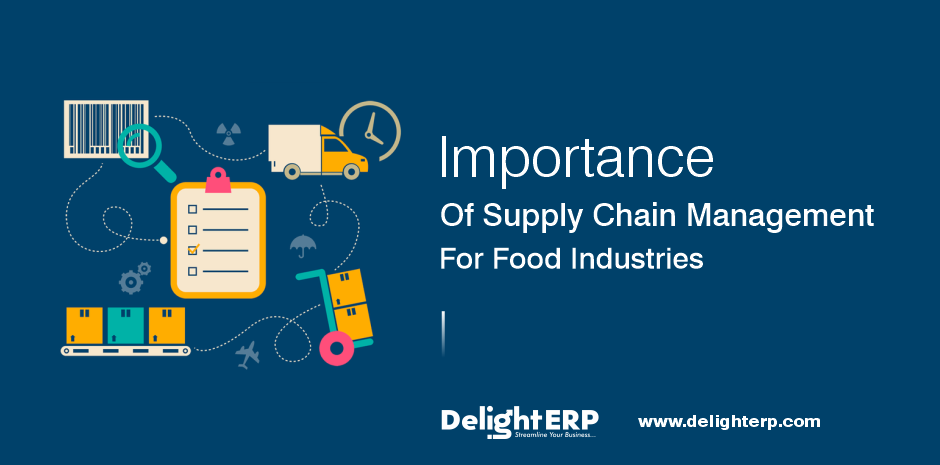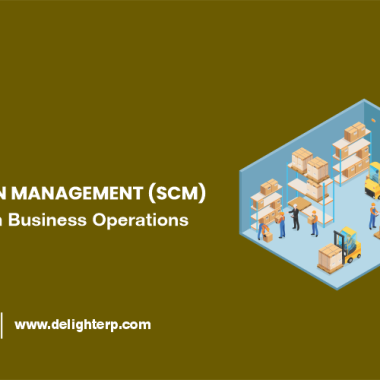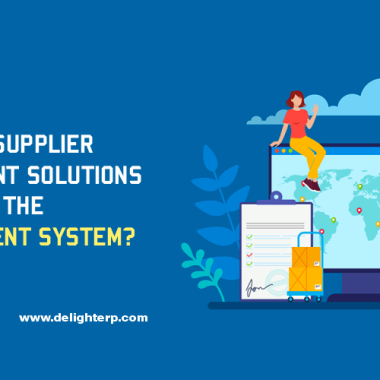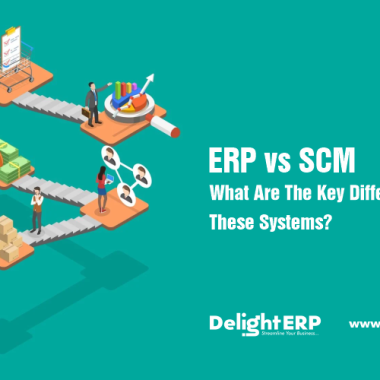Introduction
The supply Chaining policies is almost a crucial part of all the platform as mainly of the food industry is facing challenges due to globalization, competition, and other regulation. It is an end and end progress from both sides with respect to any product. It has significant advances in the market of the global business or service development process for Supply Chain Management.
At the same timing, our main focus would be the food product that relies on the information of livestock and food products based on the national or international collaboration of stakeholders. As in other industrial food companies and managers have to be more knowledgeable about suppliers they use and where their product originates. So it is really crucial to understand in which way your suppliers are considering the food safety in their service.
IT is one type of assurance at the primary vendor’s how their service is ready to be used safely. At this point of these policies are complex ones as we have to trace all the retailers and original sources. Many retailers have adopted criteria where we can control aspects of food by either owning the farms which supply them food or work with local vendors where we can guarantee the safety and of the product.
So it includes the criteria of food safety, the procedure of sanitation, environmental monitoring food defense programs, and record-keeping process. In many instances, food items can be significantly cheaper when they are imported.
Supply chain management strategies in the food industry
While we will consider the strategies that will be kept in mind which allow achieving the inventory policies and as well as it will reach with the client service goal. it’s vital to share information that will help each member achieve success. The strategy includes data relating to demand forecasts, anticipated lead times, and safety stock quantity. Let’s see the best practice of SCM in the food industry:
1. Demand forecast which is generally based on demand, sales, and usage result of the past. These can be affected by the changing situation like Gaining/losing the customers, the invention of new products, short term increase in demand through promotion, etc.
2. Better estimation which includes collaborative planning, forecasting, and automated data collection. Through this process, we can identify the customer who can predict the future demand for a specific product. So we have to consider the actual purchase on monthly basis. It will also help in future prediction.
3. Proper evaluation of customers in which we will consider a discount based on accurate forecasts to encourage better results. So we can consider the usage pattern of past data, increasing/decreasing data, higher and lower usage of data, promotion in the near future and Market, and the industry data from other sources for example, and sales, etc.
Due to the advantages of all matters and marketing factor would provide supply chaining are much evident than before and businesses have become digitally connected including down to the level of end-user. The food and supply chain has a unique role in the ever-growing economy because it is universal to human life and health. This growth in the food and beverage industry are accompanied with manifold challenges driven by changing globally trend.
Also Read: Supply chain management system Vs Vendor management system
How Supply Chain Management works in the food industry
Now a day’s food supply chain is growing all over the world in local, regional, national, international areas and it has a progress bar in all collaborative relationships between procedures, processors, manufacture, rs, and retailers. Costs are important given that the population is growing – as highly populated countries develop and adopt western consumption patterns cost patterns change worldwide.
Modern food supply chains are composed of many actors that find ways to minimize these costs and risks by using conventional and innovative techniques. This is one of the key sectors that are highly dependent and the logistics processes since they deal with highly perishable items. Real-time and predictive analysis are vital factors of management policies and supply management vision is critical and could accomplish the checklist agreed by supply policies.
The main challenges of the traditional FSC are how to shorten the food processor and reduce the logistics and warehousing and to enhance the consumption value of products. So to overcome this issue they have to consider appropriate mass manufacturing, limited and standard product, or reevaluating the techniques and strategies. It is a common trend for the continuous improvement of the FSC-produced standard service. It begins from the agricultural phase, proceeds with manufacturing and retail, and ends with consumption.
So it is increasingly being questioned by the decision-makers in government, industry, and civil organizations. They are increasingly global, with organizations having to source materials from outside traditional boundaries in order to remain competitive. Food demand and supply have long crossed local and national borders to become an international process and the acceptance of the last area product that consumers are a perfect parameter of supply chaining performance and is based on a combination of key quality attributes as well as availability, price, and food safety.
The ability to track a product from farm to fork is a complicated process, especially so given the number of process cycle a product may need to read and the potential complexity of the product recipe itself. Some suppliers will subcontract work on occasion, and this could cause issues in the food supply chain.
When a vendor has been evaluated, and a retailer has a contract for food items, they expect that the goods supplied to them to be serviced by the vendors using this parameter.
Importance of Supply Chain Management in the Food Industry
Supply chain management is a vital part of the business platform and customer satisfaction. Whether dealing with day-to-day product flows or dealing with an unexpected natural disaster, supply chain experts roll up their sleeves and get busy.
They diagnose problems, creatively work around disruptions, and figure out how to move essential products to people in need as efficiently as possible. SCM knowledge and capabilities can be used to support medical missions, conduct disaster relief operations, and handle other types of emergencies. Let’s check out the importance of SCM in the Food Industry:
1. Encourage customer service:
As per the client expectation we had to correct the correct product and the quality of the particular product. Consumers expert services to be accepted by the correct location and correct delivery period and correct after-sale support in where the customers expect the service to be service.
2. Reduce Operating system cost:
This will decrease the purchase price by that you will avoid the expense of products to handle then reduce production price which supply chains to reliably deliver materials to join plants in avoiding the material shortages that will close the service and an unexpected parts shipment delay that causes an auto assembly plant shutdown can cost $20,000 per minute and millions of dollars per day in lost wages. It will also decrease all supply chaining costs to form a network that will meet with the customer service goal at the low-cost level.
3. Improvement of financial position:
It will increase the profit leverage which will help to manage and reduce the supply chaining cost. This could result in dramatic increases in firm profits. This process will also decrease fixed assets such as plant, warehouse, and transportation. Also, increase the flow because we speed up the product flow in the client.
4. Ensure human survival:
SCM helps to sustain human life and also improve human health care. During a medical emergency, supply chain performance can be the difference between life and death. Humans depend on supply chaining to deliver medicine and healthcare. SCM also protects customers from climates extremes. Humans depend on an energy supply chain to deliver electrical energy to homes and businesses for light, heat, refrigeration, and air condition.
5. Improve Quality of Life:
It is the foundation of economic growth or improving the standard of living. For the resulting purpose, consumers can purchase more products with their income thereby raising the standard of living in society. SCM also helps in Job creation and it has an opportunity to decrease the energy to be used. Supply chain activity involves human or product transportation. As a product of these activities, scarce energy is deleted. But the supply chaining management policies design and will operate with all the supply chaining policies and update transaction warehouse, inventor and management, and logistics information.
Also Read: Importance of Production Planning & Production Control
Conclusion
Citizens of a country depend on supply managers to design or operate water, medicine, or food to the supply chaining process of products from tampering. Sophisticated packaging techniques, state of the art surveillance cameras, global positioning systems, and RFID inventory tracking are some of the methods used to deter terrorists from accessing these vital logistics systems. To increase profitability, companies used to divide the various work steps. Previously used as the same chain management, in comparison to logistics, go out of beyond the organization and the both chaining management and all of the deal of organization of object detection of the service stage supply chaining For all companies SCM entails in the change or processes and its culture. The main objective is to optimize processes along with increase the characteristics, reduce costs, and increase customer satisfaction.
Are you looking for the best supply chain management software for your business? Ok, So don’t worry I will suggest you Delight ERP the best software for Supply Chain Management. Delight ERP provides this feature at very affordable rates.
Delight ERP software includes this supply chain management with the latest technology and perfectly designed for the industries.
Thank You For Reading!





